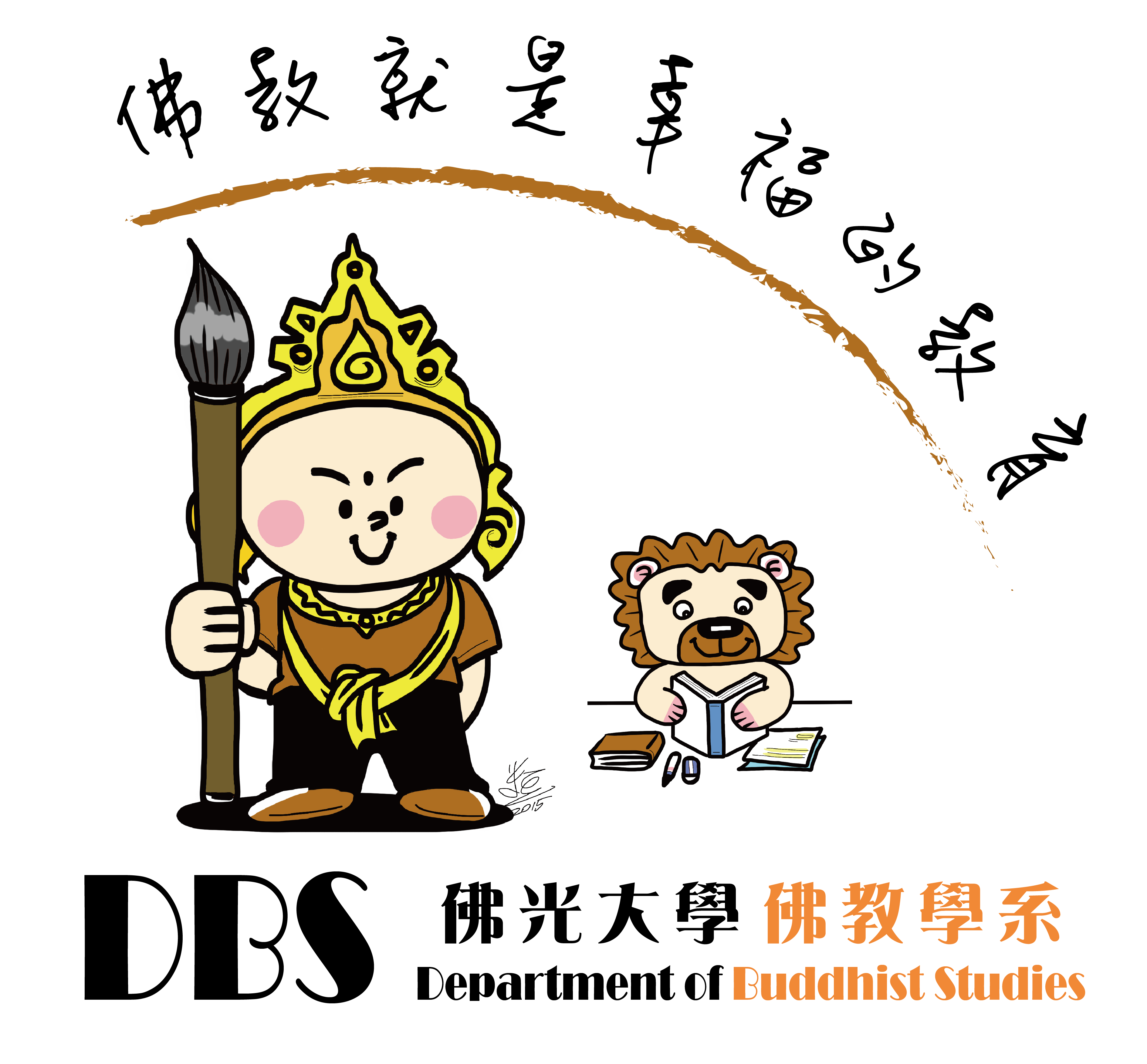The “2025 Fo Guang University Graduate Student Conference on Buddhist Studies” was successfully held from June 10 to 11 at the College of Buddhist Studies, Fo Guang University. Initiated in 2022 by the Graduate Student Association of the Department of Buddhist Studies, this year marked the first collaboration with the Fo Guang University Center for Buddhist Studies and the first time submissions were invited from students outside the university. Out of more than thirty submissions, twenty graduate students from nine universities in Taiwan and abroad were selected to present their papers in either Chinese or English. In addition, several professors from both within and outside the university were invited to provide feedback, promoting a rich and diverse academic exchange.
The opening ceremony took place on June 10, with speeches delivered by Prof. Wan Chin-Chuan, Director of the Center for Buddhist Studies; Prof. Kuo Chao-Shun, advisor to the Graduate Student Association; and Venerable Miao-Nan from the Fo Guang Shan Monastic College. Prof. Wan encouraged students to begin cultivating both scholarly skills and networks during their graduate studies, emphasizing that “a thesis presentation is like a health check-up—it helps us see our current state clearly and improve our work through the perspectives and advice of others.” Prof. Kuo shared from his personal experience, recalling how, while still searching for a job after graduation, he was invited to co-edit An Introduction to Buddhist Studies, thanks to the positive connections built through conference participation.
Last year, the conference was held at Fo Guang Shan with strong support from the Monastic College. This year, the event returned to Fo Guang University, with thirty enthusiastic faculty and students from the Monastic College attending. Two of their graduate students also presented papers, demonstrating the strong academic ties between the two institutions. Venerable Miao-Nan, President of the Monastic College, noted that Venerable Master Hsing Yun founded Fo Guang University with the intention of establishing a College of Buddhist Studies, hoping that both the College and the Center for Buddhist Studies would become important hubs for Buddhist research. She also reflected on Master Hsing Yun through three dimensions—wisdom in understanding others, the emptiness wisdom of prajñā, and textual prajñā—and encouraged participants to embody these qualities in their scholarly and spiritual pursuits.
Following the meaningful opening ceremony, the one-and-a-half-day conference began. It consisted of seven sessions, covering topics such as Buddhist history, canonical studies, the development of modern and contemporary Buddhism, end-of-life care, mindfulness, and mountain retreats. Whether seasoned scholars or first-time presenters, all received insightful and inspiring feedback from the attending faculty. Although there was only one session conducted in English, both the presenters and commentators demonstrated great enthusiasm and focus, reflecting a strong commitment to academic exchange. Overall, the faculty offered constructive comments that were enlightening for both the presenters and the audience.
Recognizing the common challenges graduate students face in thesis writing—such as lack of direction or difficulty in choosing a topic—a special panel and closing session was held, featuring Prof. Hou Kun-Hung from Hsuan Chuang University, along with Prof. Kuo Chao-Shun and Prof. Chien Ju-En from the College of Buddhist Studies. The aim was to provide professional advice and practical guidance for students. Two key questions raised during the discussion were: (1) "I don’t know what topic to write about," and (2) "Are there any restrictions on using AI in thesis writing?"
In response to the first question, Prof. Hou advised students to start with questions they are genuinely curious about—the more specific the question, the easier it is to narrow it down into a clear research topic. Reading and organizing relevant literature, he added, helps build foundational knowledge and clarify the academic problems one wishes to address. Prof. Kuo further explained that individuals form their sense of academic inquiry differently. He recommended considering multiple factors, such as: Which of Master Hsing Yun’s ideas interests you? Which period does the work come from? In which texts does it appear? These questions can help shape a clearer research direction.
The second question resonated with current academic trends and sparked lively interest. Prof. Kuo emphasized that research and writing must remain human-centered and retain the originality of the researcher. The key concern, he noted, is not whether AI can be used for editing, but rather how much editing it performs. Prof. Chien shared that she had engaged in over ten rounds of conversation with AI to revise a single paragraph but ultimately rejected the AI-generated version. “It often adds subjective interpretations that we do not need. This shows that AI still has the potential for misreading and misjudgment.” The faculty repeatedly stressed that a thesis must reflect the author’s own thought and writing; relying on AI to bypass academic ethics is unacceptable.
After an enthusiastic round of questions and responses, Prof. Kuo offered words of encouragement: “Many of the ideas and topics at this conference may be unfamiliar to us, but they allow us to learn from each other. Today’s presenters were once in the same position as our professors, and today's professors represent our future. May everyone continue on the path of scholarship with steady and solid steps.”


 College and Department of Buddhist Studies, FGU
College and Department of Buddhist Studies, FGU

















